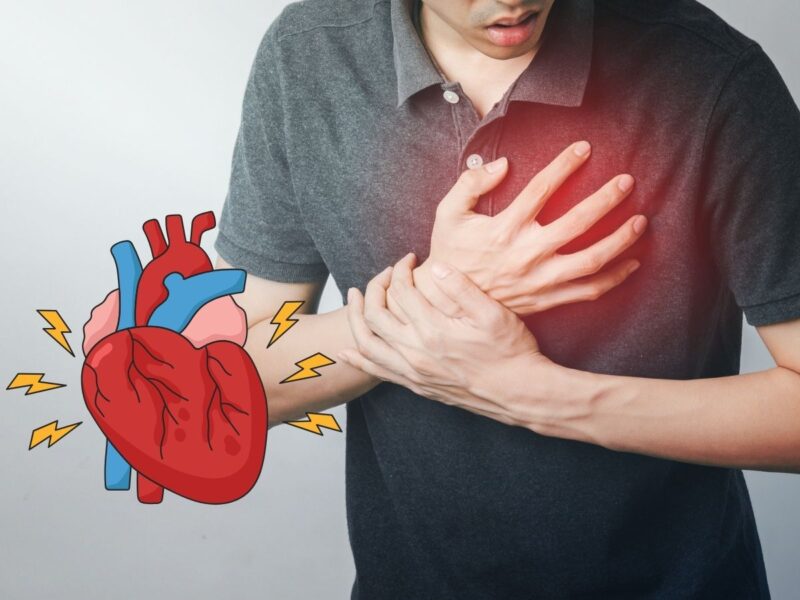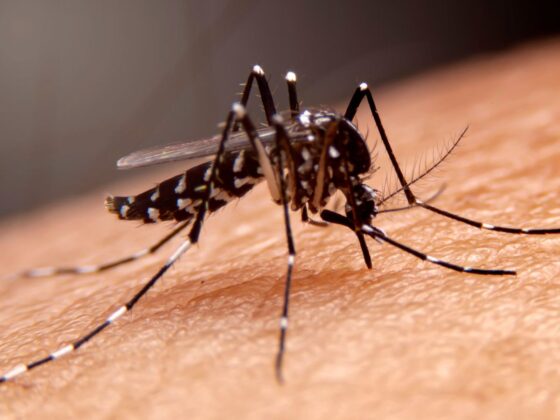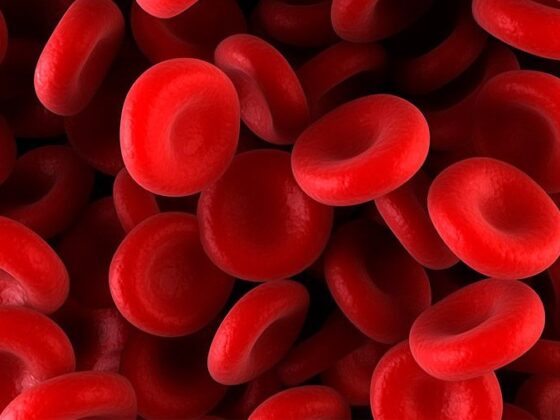New Delhi, 10 December 2024: Heart disease, once considered an ailment primarily affecting older populations, is increasingly striking younger individuals in India. Recent reports reveal an alarming rise in silent heart attacks among people in their 20s and 30s, prompting medical experts to label this as an emerging health crisis. Silent heart attacks often go unnoticed due to the absence of classic symptoms, making them particularly dangerous and fatal if untreated.
What is a Silent Heart Attack?
A silent heart attack occurs when blood flow to a part of the heart is blocked, often without obvious signs such as chest pain. Symptoms can be subtle and mistaken for fatigue, indigestion, or a mild illness. Many individuals may not realize they’ve had a heart attack until complications arise or it’s detected during a routine medical checkup.
The condition’s stealthy nature is a significant concern, as it can lead to progressive damage to the heart muscle, increasing the risk of severe cardiovascular events like sudden cardiac arrest.
Rising Cases Among Young Adults
The prevalence of cardiac-related health issues among young adults in India has risen dramatically in recent years. Studies indicate that lifestyle factors such as sedentary behavior, unhealthy diets, smoking, excessive alcohol consumption, and chronic stress are major contributors to this trend. Additionally, urbanization has led to a rise in obesity, hypertension, and diabetes—key risk factors for heart disease.
The impact of the COVID-19 pandemic has also worsened cardiovascular health among younger individuals. Prolonged work-from-home arrangements, reduced physical activity, and increased mental health stressors have further exacerbated the problem.
Genetic Predisposition and Lack of Awareness
India’s population has a higher genetic predisposition to heart disease, particularly conditions like coronary artery disease. Coupled with this is a widespread lack of awareness about heart health and the symptoms of silent heart attacks. Many young individuals prioritize career goals over health, delaying regular checkups and ignoring early warning signs.
Experts stress that silent heart attacks are often detected too late, leaving patients with significant heart damage. In some cases, this has led to sudden deaths, with victims showing no prior signs of illness.
Silent Heart Attack Causes: The Role of Lifestyle and Stress
Sedentary lifestyles, combined with high-pressure work environments, are key drivers of cardiac health issues among India’s youth. Unhealthy eating habits, such as frequent consumption of processed and fried foods, contribute to the buildup of cholesterol and plaque in arteries. Excessive caffeine intake and reliance on energy drinks further strain the cardiovascular system.
Stress, both physical and emotional, is another major factor. Chronic stress elevates blood pressure and increases inflammation in the body, accelerating the development of heart disease.
Silent Heart Attack: Preventive Measures and Expert Advice
Cardiologists emphasize the importance of preventive care and early intervention to combat the silent heart attack epidemic. Young individuals are urged to adopt healthier lifestyles, including regular exercise, balanced diets, and stress management techniques such as yoga and meditation. Annual health checkups, including blood pressure and cholesterol monitoring, are also recommended.
For those with a family history of heart disease, early screening and lifestyle modifications are essential. Avoiding smoking and excessive alcohol, maintaining a healthy weight, and incorporating heart-healthy foods like fruits, vegetables, and whole grains can significantly reduce the risk of cardiac events.
The rise in silent heart attacks among India’s young population is a wake-up call for the nation. Addressing this health crisis requires a collective effort from individuals, healthcare providers, and policymakers to prioritize awareness, preventive care, and lifestyle changes. With timely intervention and better education about heart health, India can hope to reverse this alarming trend and safeguard the well-being of its younger generations.








